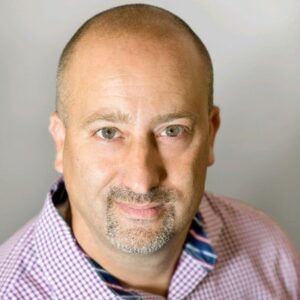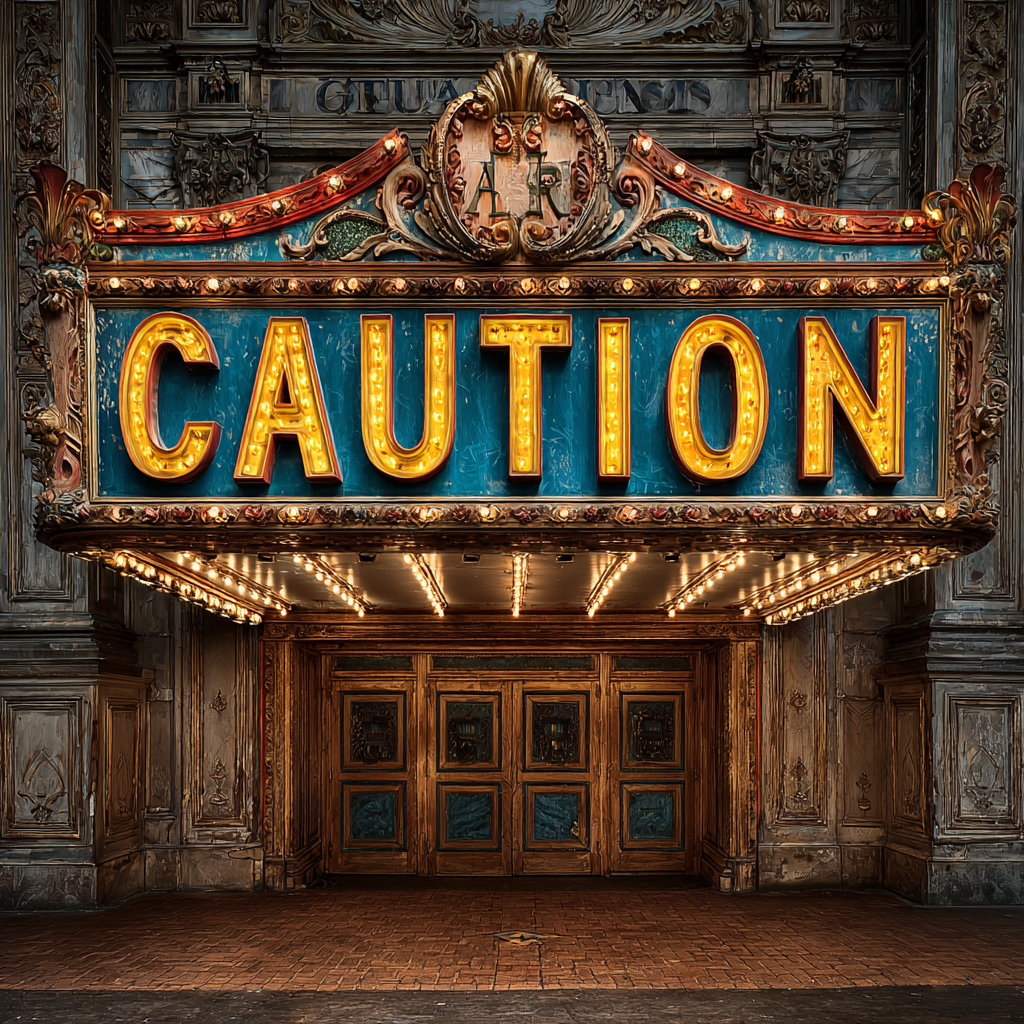Marc Goldberg is a contributor for the Trust Web Times. Marc is also the Principal at Stages Collective. Stages Collective helps companies at different life stages in a variety of ways. Business Development, go-to market strategies, Landscape analysis and as an additional recruiting resource.
David Adelman is the CEO of OCD MEDIA .
We exchanged emails for this interview and it has been slightly condensed and edited.
Tell me about your journey.
I majored in Chemistry and Biology in college so the choice to get into the ad biz was not typical. But that scientific background has served me well in that I worked on one of (if not the) first prescription drug direct-to-consumer ad campaigns for Rogaine in 1988 ,and many others since then. When I started, media was a department in a full service agency and my goal was to run my own media department. Every job decision I made was guided by that long-term goal. I love working on challenger brands so after many years of working for blue chip agencies on blue chip clients, I decided to open my own challenger media agency.
So you went on your own with OCD, what is your differentiator?
We work primarily with mid-market brands from smaller portfolio companies. We call them underdogs and unicorns and we believe to succeed they need a little more TLC and a lot more strategy to help them determine what they should do and, as importantly, what they shouldn’t do. We have an amazing track record of accelerating sales growth and getting better results with smaller budgets.
The holding companies have armies of people and resources. How can independent agencies like OCD compete?
The holding companies are great for complex portfolio marketers who want to focus on controlling costs in media and service. Their portfolios are fluid and they need the flexibility to move media commitments from brand A to brand C. We have the freedom to build brand specific media programs because our clients value that. We actually beat the big guys on a routine basis in outcomes.
The dance about disclosed and undisclosed rates continues. What are your conversations like with your clients?
We have a fiduciary responsibility to our clients. What does that mean? It means we make recommendations and execute based on what is in our client’s best interests regardless of how it impacts ourselves financially. It also means we must be able to execute broadly among all media channels. We sell a service and are investment advisors. Our clients are entrusting us to help them achieve an investment return. We are acting as financial advisors. We do not arbitrage inventory and we operate with 100% transparency. Any client can look at media invoices at any time.
As you continue to educate brands, where have you seen their biggest hole?
The biggest hole is a lack of understanding of the pitfalls in digital media. For example, many marketers think that since so much of digital media buying is platform-based that they can simply have an in-house person doing it. While sometimes it can work if that person has too many functions they will not attend to the platforms regularly to identify anomalies and opportunities. We have people who only do that every day for every client. The other is understanding attribution of non-clickable media. They may not know how to determine the “value” of a connected or cable TV ad for a DTC brand. We help them with customized attribution models we’ve been building for over ten years.
Has attracting talent been challenging over the last 3 years?
I and one of my senior team members had been adjunct professors at NYU for a few years. This has been our feeding ground for talent. We’ve gotten to pick talent before others have and we always preferred home-grown people to outside hires. It enables us to promote our stars and give them the support they need. We’ve had to supplement that a few times with outside hires. We offer a different lifestyle than other shops. We always had a remote aspect mixed with on-site, we don’t overburden our team, and we shut off at 5:00 PM. This is very appealing to some people and it’s enabled us to get great outside talent.
How are your training and building culture at OCD for the new folks?
Culture has always been important for me. Yes, we leave work at 5:00. Yes, we don’t overburden our team but it goes beyond that. We really care about our team members. Every Monday morning at 9:30 we get together via Google Meets and talk about what we did on the weekend. Every Wednesday at noon we have a Google Meet lunch wth one rule. We don’t talk about work. This was something I insisted on doing when we stopped going into the office to continue the routine of having lunch together. As for training, we’re pushing people to get certifications, rewarding them for doing so and I spend a lot of time mentoring junior team members. I’m an excel whiz so it’s not unusual for me to grab someone to show them how I’m working out a problem with that software.
You moved within the last 3 years? Where are you now?
My team has demonstrated to me that they want to be remote. I wrote an article on LinkedIn shortly after the pandemic hit. In it I mentioned that I felt that I was in quarantine and my team was in the office because they went from being in the office on a Wednesday to working remotely on Thursday (and mostly ever since) and I hadn’t noticed a difference in the work. This enabled me to relocate to the HIlton Head area of South Carolina where, believe it or not, I’m actually playing less golf.
Trivia night is wednesday night right? What expertise do you bring to the team?
I love playing Trivia. I’m a well of useless knowledge. My Wednesday Night team was one correct answer away from winning the regional championship in June. We’re in first place so far this year. My strengths are geography, history, music, sports, classic TV (of course) and old movies.
You are also an avid record collector. What were you listening to when writing this?
I love music and it’s always on when I’m writing or crunching numbers. I was listening to Olias of Sunhillow by Jon Anderson while writing this. My love is early 1970’s British Progressive Rock (Genesis, Pink Floyd, Yes) and I even listen to classical music and opera.





